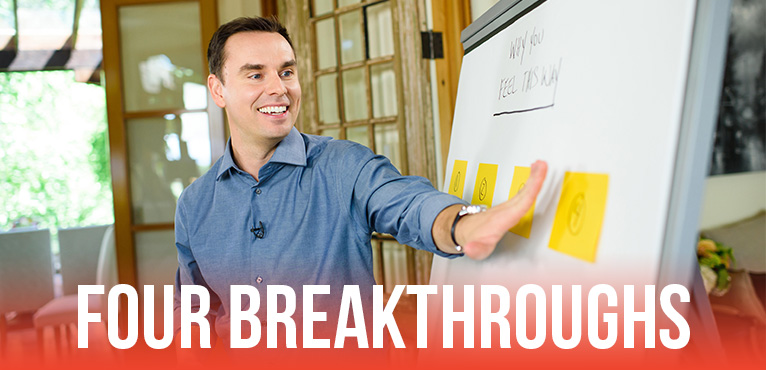Summary
We can make a lot of excuses, but ultimately anger is simply poor management of the mind.
Next time you feel anger, or you’re confronted with it, try the four “W”s:
- Wait
- Wonder
- Will your highest-self
- Well-being prioritization
Watch the video above for the full lesson so that you can continue living #TheChargedLife!
Like this episode? Please share it! I can keep this blog and all my podcasts and videos ad-free and sponsor-free ONLY because you share my work! Please share or subscribe to my podcast andYouTube channel too!
Want more advanced training? Join my Success Accelerator.
Related quotes to consider:
[Follow Brendon on Instagram for tons of great quotes]
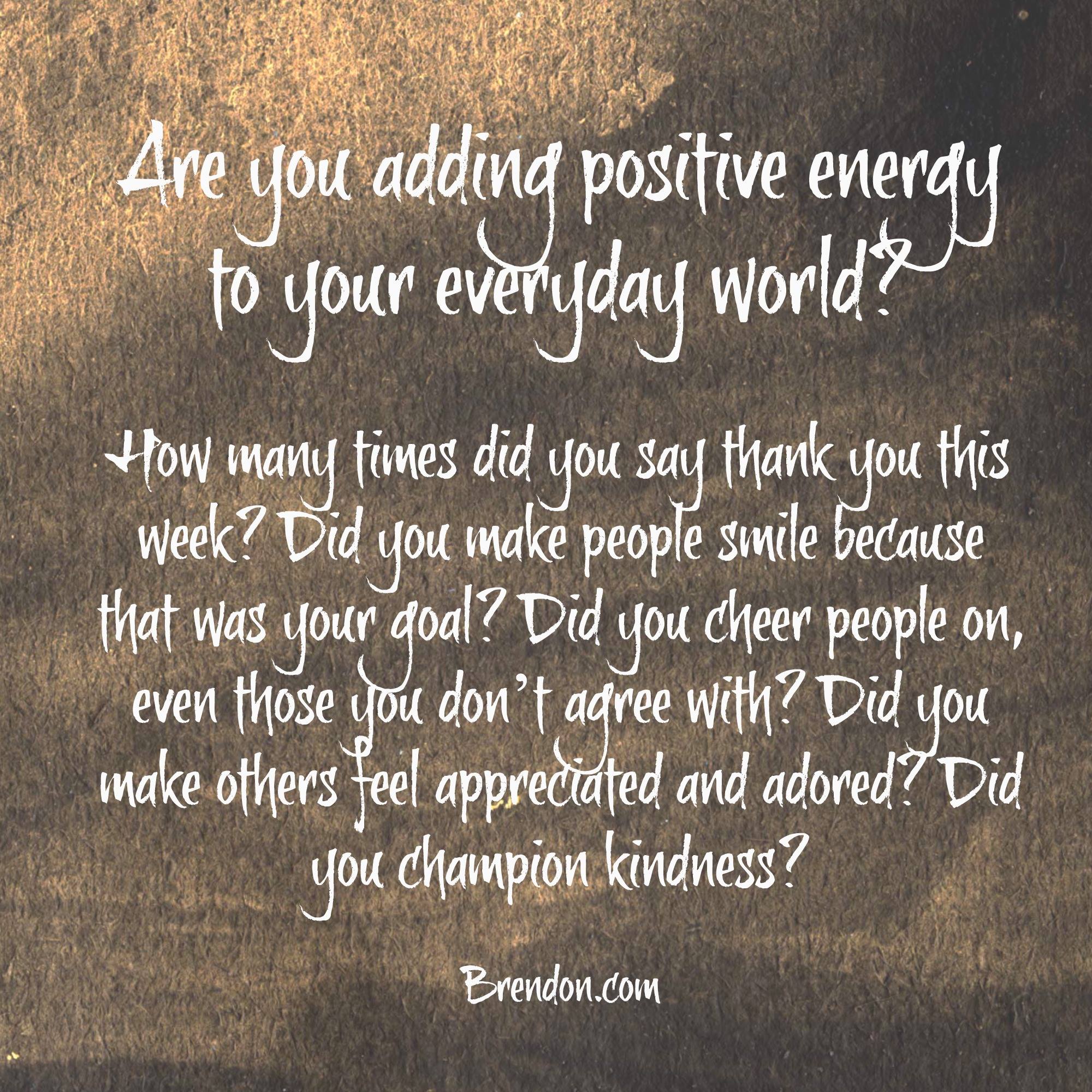
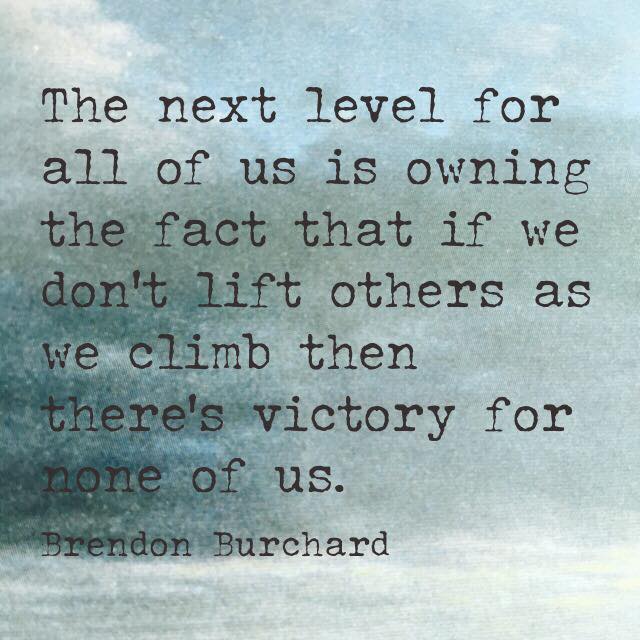
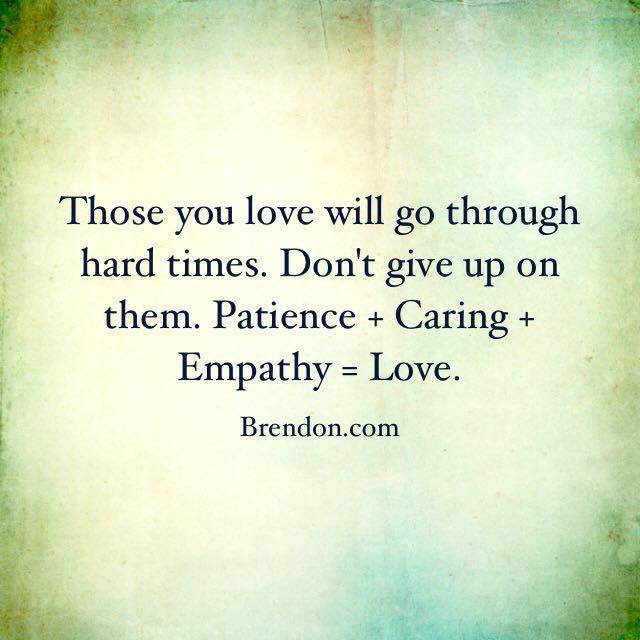
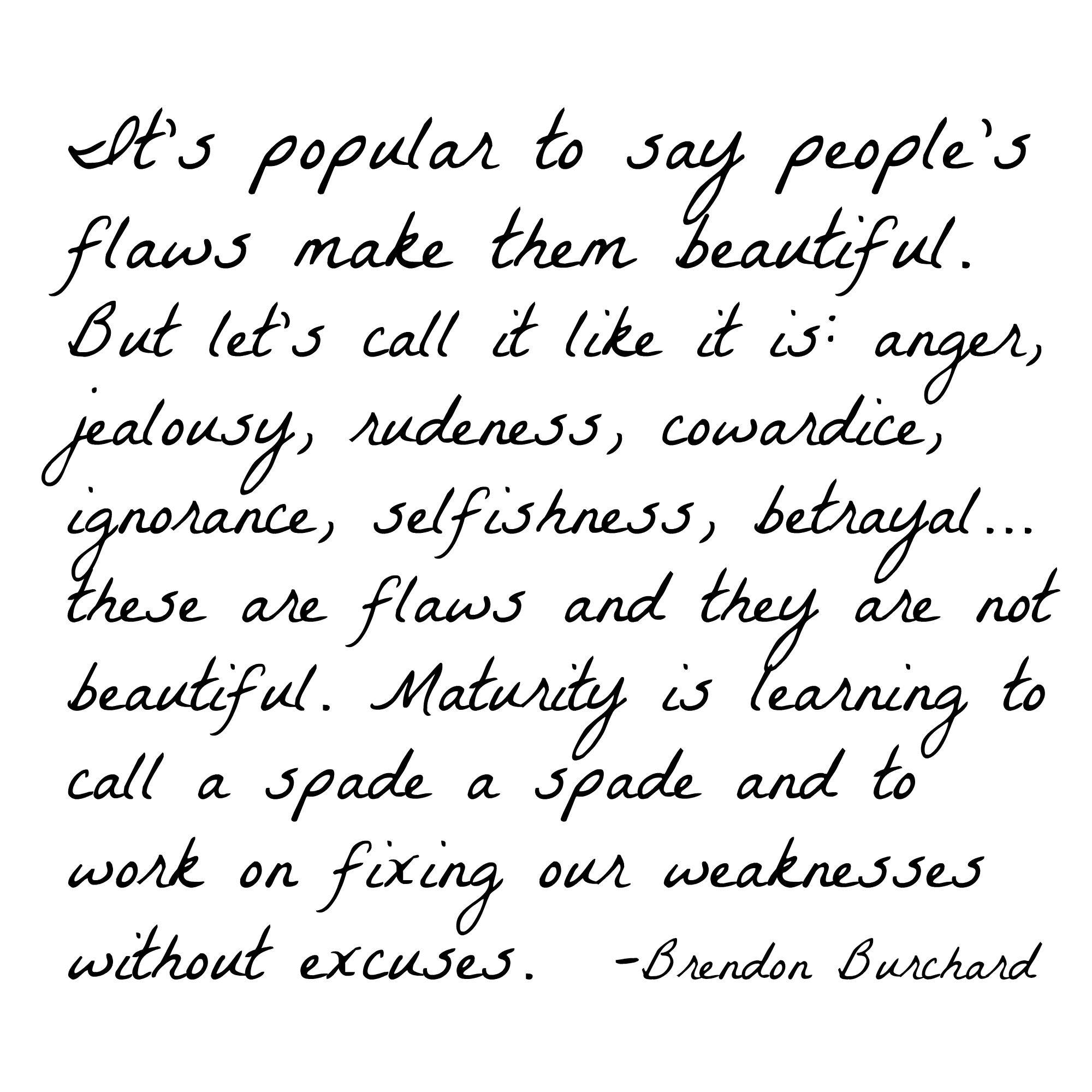
FULL TRANSCRIPT
[The following is the full transcript of this episode of The Charged Life with Brendon Burchard. Please note that this episode, like all TCL episodes, features Brendon speaking extemporaneously–he is unscripted and unedited. Filmed in one take, The Charged Life has become one of the most viewed unscripted, direct-to-camera self-help series in the history of Youtube. It has also been the #1 Podcast in all of iTunes and is regularly in the top podcasts in Self-Help and Health categories around the globe. Subscribe to the free motivational podcast on iTunes or Stitcher.)
Okay, I got the question of what do you do if you’re feeling angry? Like it just, it just bubbles up and you’re going burst on somebody. I get this question all the time from you all here on Facebook as well as on YouTube and all over the web. So, what do you do with that?
Right now a lot of people are feeling very, very angry. And have you noticed that a lot of people recently kind of feel like personally offended about everything. Everybody right now in the culture it feels like is getting so offended by the smallest little things. One misstatement over here and the world bursts at them and bullies them.
And bet you’ve been victim to that too. That you’ve felt in the culture that there’s a little more anger right now. Maybe, it’s the political process. I don’t know. This is not a political statement. It’s an answer to the question, “Brendon what do I do if I feel so angry inside, I’m about to wreck stuff?”
This is your tutorial on that. Four big ideas for you when you’re feeling angry.
Number one: Wait. Before you say that mean comment, before you write that mean just reactive post, before you freak out on somebody or break something, always soon as you feel angry, make your mind go: Wait. You have to train yourself on that. See there is this old thing in psychology, you know it, stimulus and response.
And the people who keep struggling over and over and over in their relationships, in their careers, on any path to achieving anything significant who keep struggling do so because they keep living from a place that is too impulsive. They are impulsively reacting to the world. They are always reacting and they are justifying the reacting. “Well, you made me do this. You made me feel that.”
No one makes you feel anything without your permission. Eleanor Roosevelt taught us that, didn’t she? That it is on us to control our internal representations, internal thoughts, internal feelings. The world is not responsible for that. We are responsible for self and our reactions to the world. And I know you already know that so you must develop a great capacity in life to go, “Wait” whenever you have that feeling that comes up to anger because most time anger is coming from an impulsive part of ourself that is reacting to a hurt that probably isn’t really there. That it is coming from a place that is worry that isn’t something we’d worry about.
It’s usually what I call The Drama Mind. You know what I’m talking about like, it’s like, “Uh!” because most anger is just poor management of the mind. And the mind comes up and this ego child comes out and says, “How dare you” and you scream at somebody when they didn’t do anything in the big plan of things that was that big of a deal.
You took something personal and they weren’t even talking about you. You took something personal and they weren’t even thinking about you. You took something personal and it didn’t even apply. It wasn’t even stated in a way. And so, often most of our anger, we didn’t even hear it right or we were hearing it for us and it had nothing to do with us. Or it came from that place where someone was saying something and it sparked an old reaction inside of us that just weld up or burst like an old pipe from some old stories.
Most anger isn’t happening in the actual context of what’s going on, it’s an old story coming up, an old hurt, an old wound, an old concern.
- Am I respected enough?
- Am I cared for enough?
- How dare they?
All these things are the child mind. They are the ego mind. I just call it the drama mind. The thing that wants to make something a bigger problem than it really is because you have no perspective on life. But then, as you’ve travelled or you’ve experienced more in life, you’ve realized a lot of people have it very difficult out in life. You’ve realized there’s a lot of poverty. You’ve realized there’s a lot of struggle. You realize there’s a lot of hurt and pain and hopefully that gives you some perspective to say, “Jeez, somebody cutting me off isn’t such a big deal anymore.”
Because here’s the reality. Especially, if you keep getting angry about the same thing over and over and over again, you are a victim of the drama mind. And that victim is you. You have the ability to turn that off and the way you do it is wait. You enlarge the gap of time between stimulus and response. That’s where all self-mastery comes from. Enlarging the time between stimulus and response.
So, now it’s not the drama mind, it’s not the impulsive mind, it’s the intentional mind. It’s the mind that says, “How would I deal with this if I was centered? How would I deal with this if I was an adult? How would I deal with this if I could be proud about myself later on?”
Your job, wait and enlarge that gap:
- So that you can listen
- So that you can ask questions
- So that you can still engage with it but not fight with it
- So that you can understand what’s really happening
And then, so you can get composure because you will find personal strength and pride in finding composure. Because if you keep losing your composure over and over and over to the same things, you’re a child and I don’t mean that in a derogatory phrase, I mean that is you are still operating like a child from a reactive place.
Let me give you an example. I know a lot of people who on their morning commute, every morning on their commute they get angry every single morning. The same thing happens every morning. Somebody cuts them off and they go into a rage about it every day and I go if you know something’s going to happen and it’s going to lead the same negative emotional reality every time, then you’re just a Pavlovian dog who hasn’t trained yourself.
If you don’t learn to anticipate it and adjust your response to it, you’re still the child. And I know that is very unpopular and lots of people might say mean things to me. Hi, yes I’m here live so you’re welcomed to shout out and tell me terrible things or tell me where you’re from; I’d rather see that. But hey listen, truthfully, if you’re still getting upset about the same thing over and over and over again, it’s time to step back as an adult and say, “Wait, is there a better way to deal with this for my health, for myself, for other people?”
Enlarge the gap between stimulus and response. And now you have intention. Now you have more personal power. So, whatever time that feeling of anger comes up, wait.
Second ‘W’: Wonder. Ask yourself where is this coming from, this anger? As you are waiting to react go, “Where is it coming from? What am I really upset about here?”
And I will give you a perspective. When someone cuts you off, and you feel angry, wonder, “Is this really about me?”
- Maybe that person didn’t even see me.
- Maybe that person just, yeah, maybe, are they really rude?
- Are they really terrible people because they cut you off?
- Maybe they need to get home because their child is sick.
- Maybe they are on an emergency, they need to get home faster than you.
- Maybe they truly didn’t see you.
- And maybe it doesn’t even matter.
Because it’s always going to happen and those things that are always going to happen, we must wonder why is that still triggering me? What is it about that?
I think it’s important to learn to have more of a Buddhist or a stoic philosophy about our emotions in life. To be able to dispassionate from this, to step back to be the observer. To step back and wonder,
- Why am I acting so angry right now?
- What is it about myself?
- Where do I feel like I’m not being valued or respected?
- And why do I have to be so valued and respected?
- Why don’t I let go of all that?
Because you find extraordinary power in uncoupling, un-connecting yourself from the emotions that get you so razzed up. To let yourself go, “Oh I see myself getting upset here. I wonder why.” And then let it go. “I wonder what’s got me here. Oh that’s it.” Because once you know what upsets you, and you are in control of that now you understand. With understanding comes a great level of emotional power.
The third one, this is my favorite technique, my favorite tool. If you are like, “Dude, I can’t wait and I don’t know why I am mad. I am just mad.” Then insert this question. Soon as that anger comes up, ask the simple question, “How would my highest-self respond?”
Have the expectation in your life from now on that you’re going to respond the situations
- With grace,
- With ease,
- With confidence,
- With a sense of peace, and
That was one of the changing days in my life. I remember, I used to be offended a lot when I was a 19 year old kid. This is 20 years ago but I remember, I’d gotten, I’d been through a break up with somebody I really loved and it was an awful breakup and I felt terrible and hated myself. Hated that person. And I had all this anger and hatred for months and months and months.
It ultimately led to so much anger that it drew me to suicide and a lot of people don’t know that and it was a very difficult time of my life. I couldn’t make it through the day and I planned on taking my life. And the anger, it just, it was sizzling in me and I felt like it had me. And I felt so justified in my anger. Don’t we always feel so justified?
And then, one day I thought, “I know I’m a weak man. I know that I have sinned. I know that I am not perfect but if I could have a person who is so much wiser than me. If I could look out into the future and my highest, best, strongest, happiest, boldest self could step into this situation, how would my better-self advise me now?”
And you always find that your better self will say, “Calm down. It’s not that big of a deal in the bigger picture. You’re stronger than you know. Believe in your ability to figure this out.” Take a breath. Take a couple of breaths. Know that you could make this situation awful and make yourself feel bad but that’s your choice.
Your highest self would tell you to, “You know what? Handle this well, so you can respect yourself later.”
Your best self would say, “Handle yourself well now just to prove that you can.”
Your best self would say, “You know what? If you handle yourself now, you have fewer regrets later.”
Your best self would say, “You know what? Instead of being angry, try to be compassionate because from compassion and love comes a greater power to influence then you will ever have as an angry little child.”
Your older self, they’d tell you, they’d learn you. They’d give you the messages that you needed to hear. What would you do as your highest self?
I like my trigger for myself as when I feel those negative emotions, I ask a very specific question. My question is, “If I was acting as my highest self now, what would be my next right action of integrity. Coming from a place where I want to be happy as a human being, how would I reply to this?” And that changes the game.
The questions we ask ourselves in moments of conflict, dictate the answers in the way in which we behave. And so, I say to you:
- Take a beat,
- Ask the questions,
- Wonder why you are so upset, and
- Let it go.
Ask, “What would my highest-self do in the situation?”
And the last idea, just another ‘W’, well-being. Well-being. Ask yourself, “What would my reply be in this case that would help me develop well-being of mind, of heart and how could I respond in this way that would help somebody else with their well-being? That would give them a little more perspective, a little bit more wisdom.”
Not as the “Holier than now, I’m so better than you. Oh I hate you and you scream at the person.”
But instead, “How could I explain myself so I feel good about myself and I’ve conveyed what I need to convey.”
But I also did it in a way that they became better because what if you went from the angry, responsive, reactive, impulsive child into the adult that inspired the world with how you behaved even when you had the right to be angry. What if even though Nelson Mandela had all the reason in the world to walk out of his jail cell and be angry and he, what if he’d done it? We wouldn’t have had the obliteration of a partied. We would not have a noble prize winning person. We wouldn’t have had somebody who millions and millions and millions of people went to the streets in peace marches to support. When he passed away, the world celebrated. Looked at as not just an inspiration but an icon.
You look at the people who have all the reason in the world to be angry. A Martin Luther King. A Mother Teresa. People who have been vilified, talked bad but they held their center. They still thought in terms of not angry responsiveness but service to the world. They knew that their role was to be a role model.
Maybe, next time you have all the reason in the world to be angry, you don’t justify it and you say, “I’m going to take a higher ground. I’m going to use this incident, this moment, this time to develop some personal strength. I’m going to use this moment, this time, this context to inspire. I’m going to use this moment, this time to be the rational mind here to be the mind that will help, that will serve, that will demonstrate patience because patience is a virtue. I will use this time, this moment to demonstrate that I am a good person.”
If you can do that more often than you have in the past, you will start to feel stronger and you will start to feel what we call, The Charged Life.
